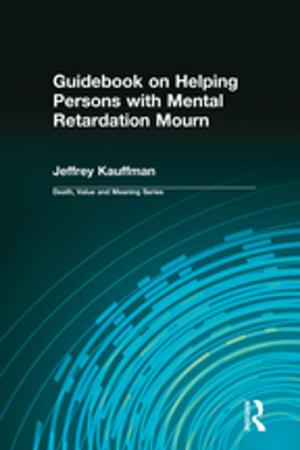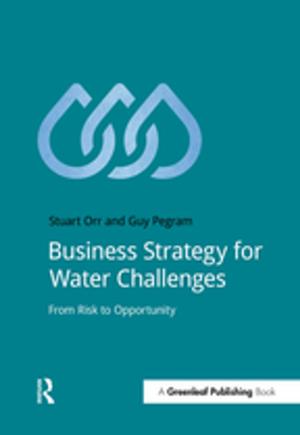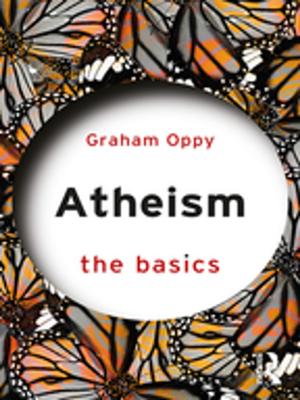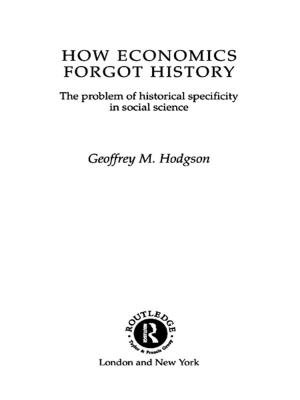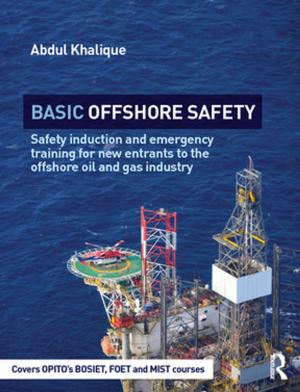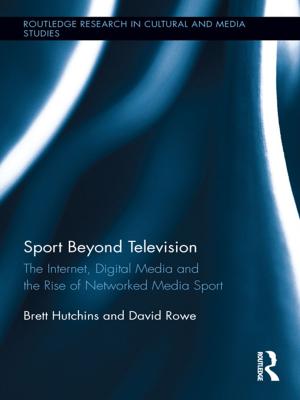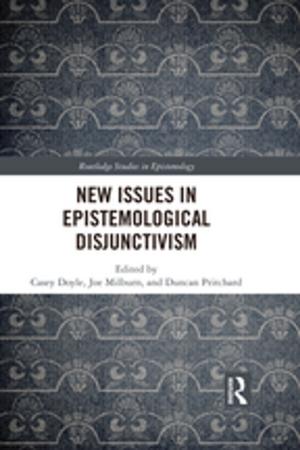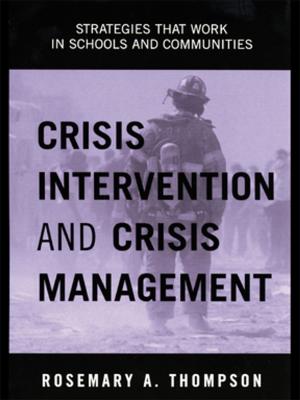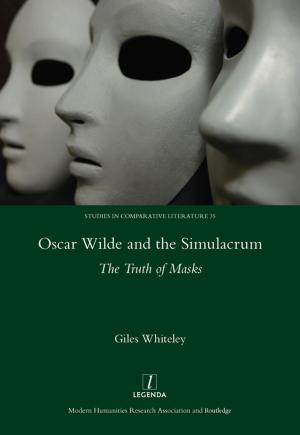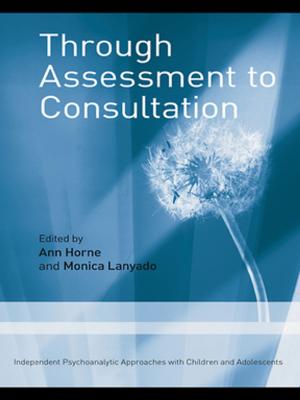The Environmental Communication Yearbook
Volume 2
Nonfiction, Reference & Language, Language Arts, Communication, Science & Nature, Science, Biological Sciences, Environmental Science, Nature, Environment, Environmental Conservation & Protection| Author: | ISBN: | 9781135602994 | |
| Publisher: | Taylor and Francis | Publication: | April 4, 2014 |
| Imprint: | Routledge | Language: | English |
| Author: | |
| ISBN: | 9781135602994 |
| Publisher: | Taylor and Francis |
| Publication: | April 4, 2014 |
| Imprint: | Routledge |
| Language: | English |
Editorial Scope
The Environmental Communication Yearbook is a multidisciplinary forum through which a broad audience of academics, professionals, and practitioners can share and build theoretical, critical, and applied scholarship addressing environmental communication in a variety of contexts. This peer-reviewed annual publication invites submissions that showcase and/or advance our understanding of the production, reception, contexts, or processes of human communication regarding environmental issues. Theoretical expositions, literature reviews, case studies, cultural and mass media studies, best practices, and essays on emerging issues are welcome, as are both qualitative and quantitative methodologies. Areas of topical coverage will include:
*participatory processes: public participation, collaborative decision making, dispute resolution, consensus building processes, regulatory negotiations, community dialogue, building civic capacity;
*journalism and mass communications: newspaper, magazine, book and other forms of printed mass media; advertising and public relations; media studies; and radio, television, and Internet broadcasting; and
*communication studies: rhetorical/historical case studies, organizational analyses, public relations/issues management, interpersonal/relational dimensions, risk communication, and psychological/cognitive research, all of which examine the origins, content, structure, and outcomes of discourse about environmental issues.
Submissions are accepted on an ongoing basis for inclusion in volumes published annually.
Audience
Researchers, scholars, students and practitioners in environmental communication, journalism, rhetoric, public relations, mass communication, risk analysis, political science, environmental education, environmental studies, public administrations; policymakers; others interested in environmental issues and the communication channels used for discourse and information dissemination on the topic.
For more information and guidelines for submissions, visit www.erlbaum.com/ecy.htm.
Editorial Scope
The Environmental Communication Yearbook is a multidisciplinary forum through which a broad audience of academics, professionals, and practitioners can share and build theoretical, critical, and applied scholarship addressing environmental communication in a variety of contexts. This peer-reviewed annual publication invites submissions that showcase and/or advance our understanding of the production, reception, contexts, or processes of human communication regarding environmental issues. Theoretical expositions, literature reviews, case studies, cultural and mass media studies, best practices, and essays on emerging issues are welcome, as are both qualitative and quantitative methodologies. Areas of topical coverage will include:
*participatory processes: public participation, collaborative decision making, dispute resolution, consensus building processes, regulatory negotiations, community dialogue, building civic capacity;
*journalism and mass communications: newspaper, magazine, book and other forms of printed mass media; advertising and public relations; media studies; and radio, television, and Internet broadcasting; and
*communication studies: rhetorical/historical case studies, organizational analyses, public relations/issues management, interpersonal/relational dimensions, risk communication, and psychological/cognitive research, all of which examine the origins, content, structure, and outcomes of discourse about environmental issues.
Submissions are accepted on an ongoing basis for inclusion in volumes published annually.
Audience
Researchers, scholars, students and practitioners in environmental communication, journalism, rhetoric, public relations, mass communication, risk analysis, political science, environmental education, environmental studies, public administrations; policymakers; others interested in environmental issues and the communication channels used for discourse and information dissemination on the topic.
For more information and guidelines for submissions, visit www.erlbaum.com/ecy.htm.



